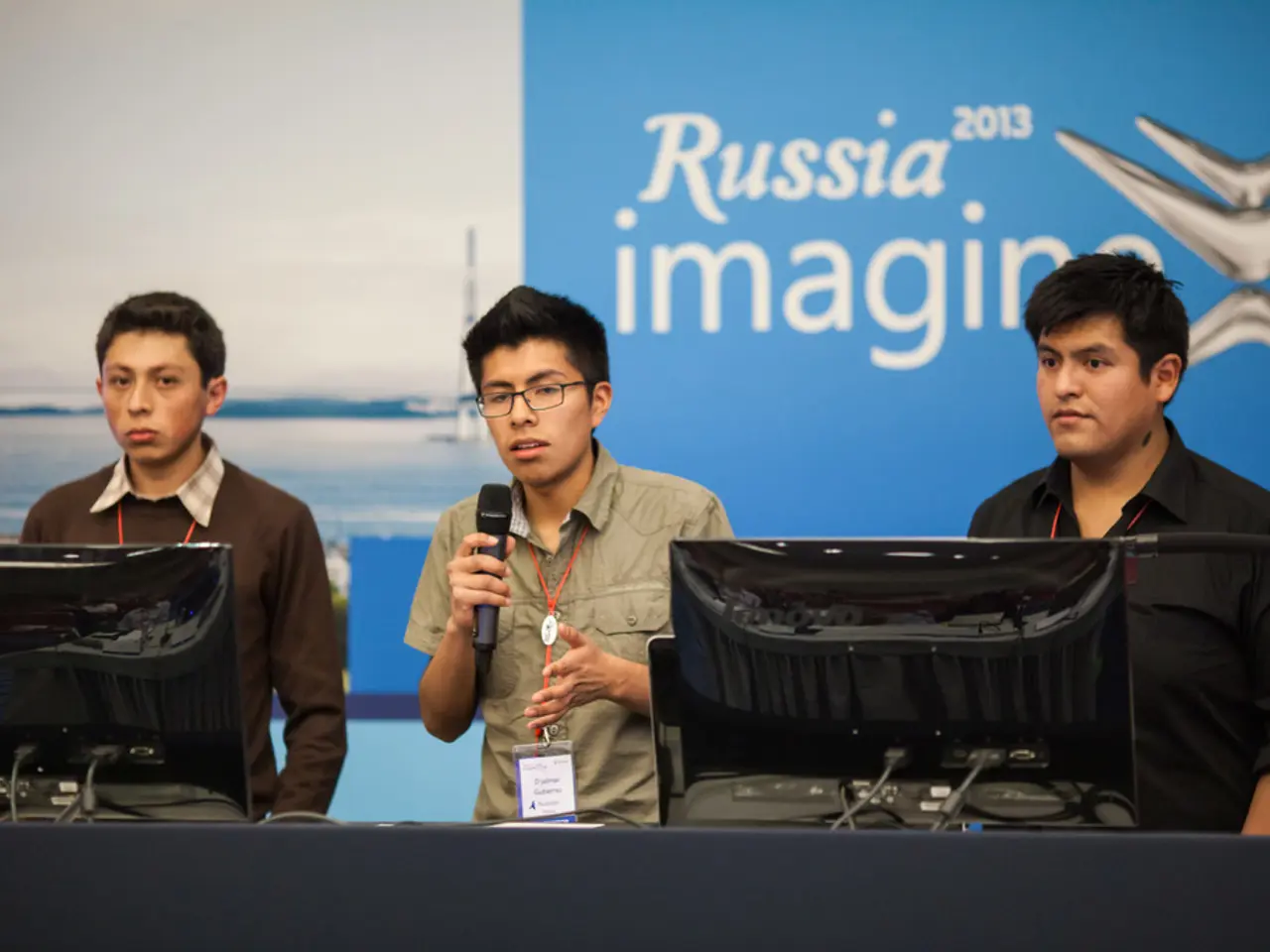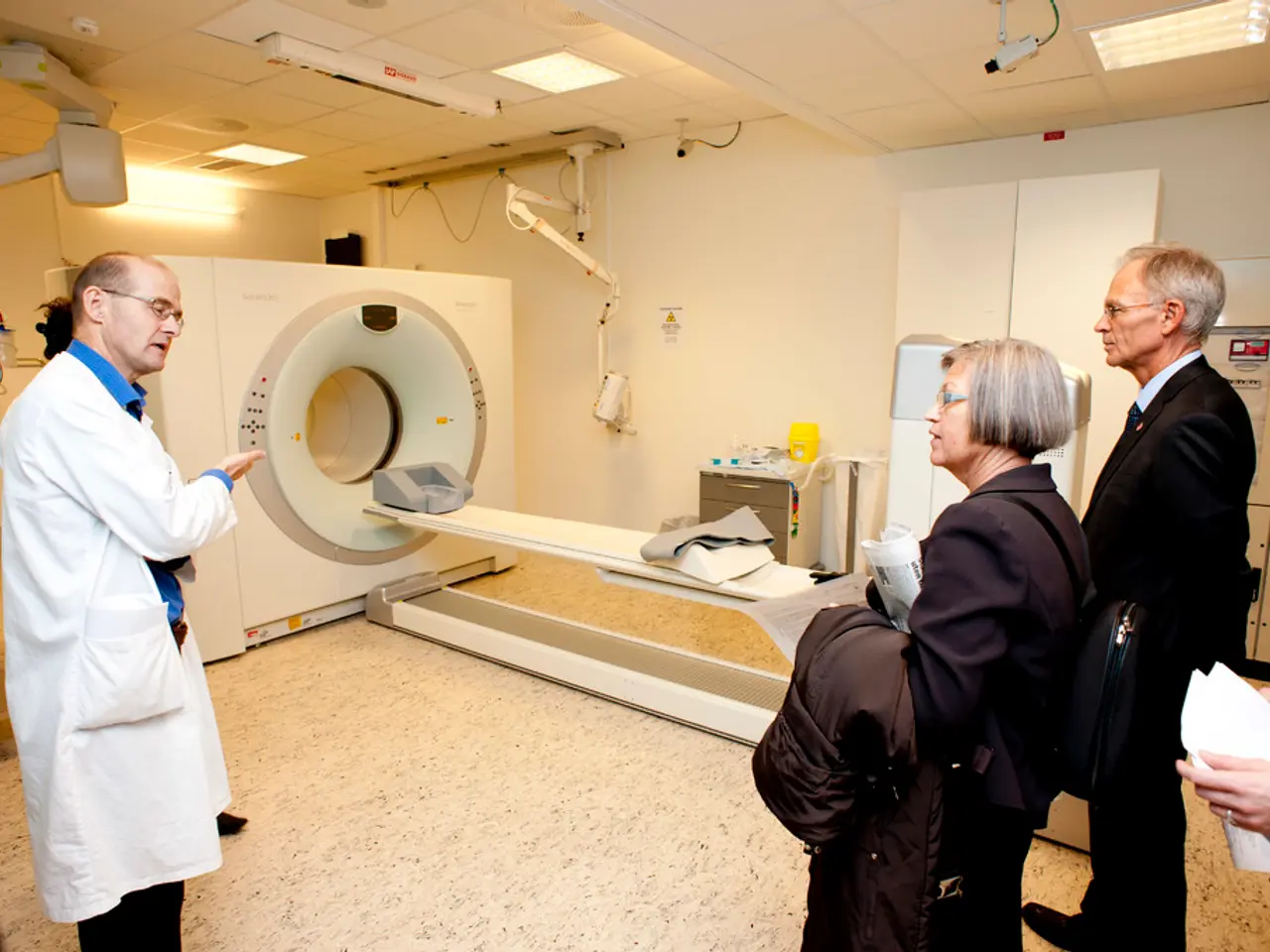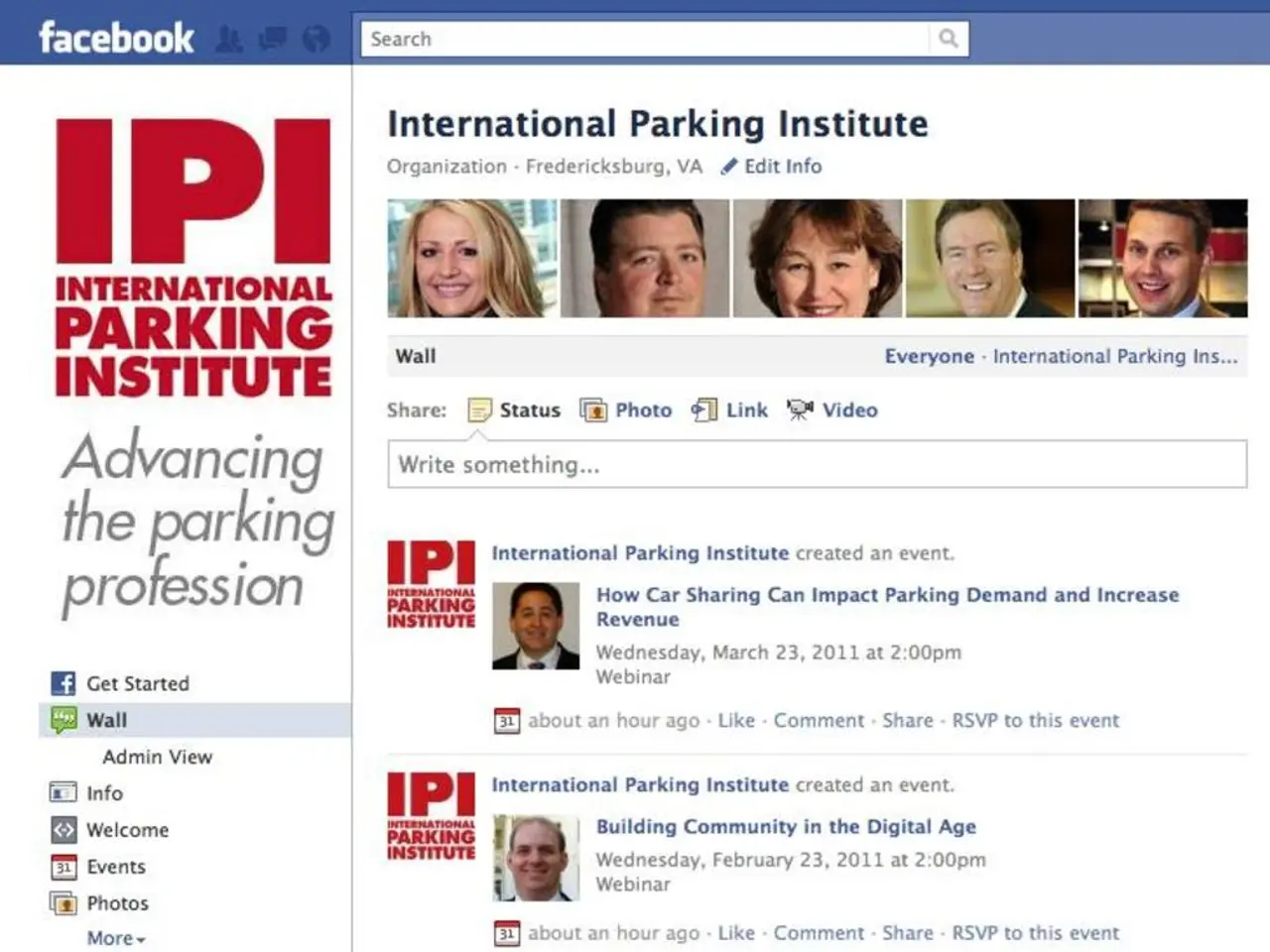Rapid Aging of South Korea's Largest Companies: Historic Low Number of Employees Under 30
==================================================================
In a significant shift, the proportion of employees under 30 at South Korea's largest companies has dropped below 20% for the first time since 2015 [1][3]. This decline in younger workers is primarily due to a shift in hiring practices away from mass recruitment of young graduates towards hiring more experienced, mid-career professionals [1][5].
According to data from 124 major South Korean companies, the share of under-30 workers fell from 31% in 2017 to 19.8% in 2024, while workers aged 50 or older increased to 20.1%, surpassing younger employees for the first time [1][2][4].
Many large firms have reduced or discontinued open recruitment for fresh graduates, preferring so-called "experienced rookies" or mid-career hires to bring more immediate value and expertise [1][5]. This trend reflects worsening economic conditions and uncertainty, making companies cautious about hiring young, less experienced talent [5].
The decline in younger workers is particularly evident in industries like batteries, where under-30 employees have fallen sharply while older employees have increased [2]. In 2024, there were 221,369 under-30 workers, compared to 224,438 workers aged 50 and older [2].
The proportion of under-30 workers in the battery industry dropped from 39.3% in 2022 to 29.6% in 2023 [2]. Over the same period, the share of employees aged 50 and older rose from 19.1% in 2022 to 20.1% in 2024 [3].
Park Joo-geun, head of Leaders Index, stated that the drop in young employees is the result of long-term shifts that are now showing up clearly in workforce data [1]. He also attributed the decline in entry-level hiring to the impact of generative AI and automation tools, which have rapidly spread across industries since 2023 [1].
The trend in South Korea is now recruiting mid-career professionals or "experienced rookies," which naturally raises the average employee age. In the first half of 2025, 82% of job postings were open only to experienced applicants, while just 2.6% were exclusively for new graduates, according to the Korea Chamber of Commerce and Industry [5].
In a slow-growth economy, there is already little demand for additional headcount, and the need to hire large numbers of new graduates has become even harder to justify due to the use of AI for auxiliary work [5]. The decadelong decline in entry-level hiring is now reflected in the data.
The drop in young workers has been especially pronounced in sectors like battery production. In 2024, the proportion of under-30 workers in the battery industry was 29.6%, compared to 6.2% for those in their 50s [2]. Over the same period, the number of people in their 20s fell significantly, while those 50 and older persistently rose [3].
References:
[1] Yonhap News Agency. (2025, May 1). South Korea's Largest Companies See a Decline in Young Workers. Retrieved from https://www.yonhapnews.co.kr/business/2025/05/01/24/0201000000AEN20250501005000315.html
[2] Korea JoongAng Daily. (2025, April 30). South Korea's Workforce Ages as Younger Workers Fall Behind. Retrieved from https://koreajoongangdaily.joins.com/business/20250430000157702/south-korea-s-workforce-ages-as-younger-workers-fall-behind
[3] The Korea Herald. (2025, May 1). South Korea's Largest Companies See a Decline in Young Workers. Retrieved from https://www.koreaherald.com/business/20250501000645
[4] Statistics Korea. (2025). Population Data. Retrieved from https://kostat.go.kr/portal/eng/index.action
[5] The Chosun Ilbo. (2025, April 29). South Korea's Largest Companies See a Decline in Young Workers. Retrieved from https://english.chosun.com/site/data/html_dir/2025/04/29/2025042900055.html
- To address the decline in young employees, many South Korean businesses have incorporated health and wellness programs as part of their business strategy, aiming to create a supportive and welcoming work environment for both experienced professionals and youth.
- Moreover, as financial analysts examine the expenses brought about by this shift, they consider integrating science-based solutions into workplace wellness, such as AI tools for mental health support and stress management, considering the increasing need for such resources in the era of rapid technological advancements.




